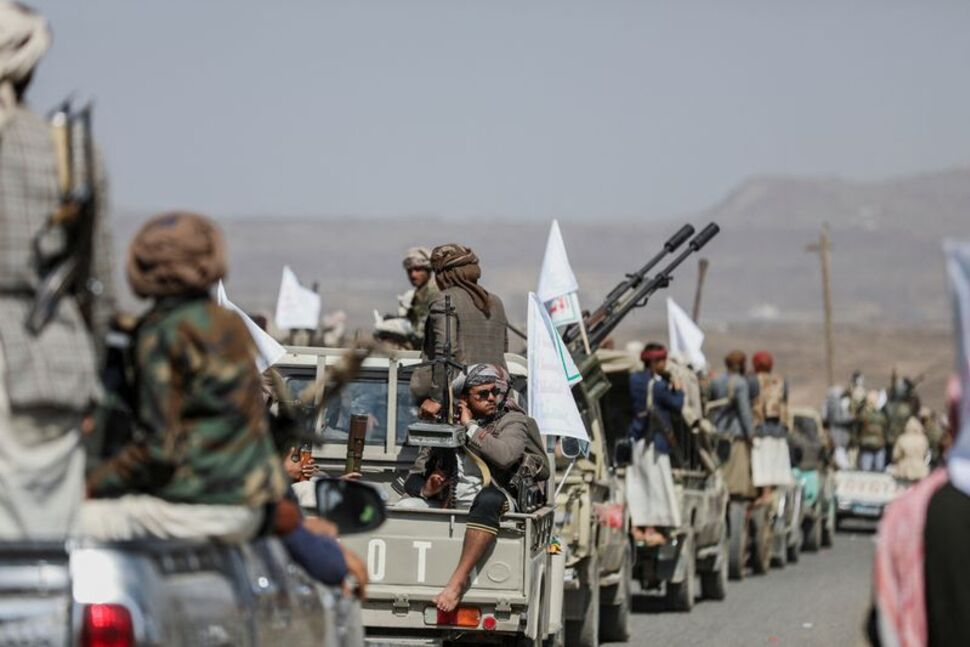The United States and Britain have launched strikes against 36 Houthi targets in Yemen, marking the second day of major U.S. operations against Iran-linked groups. These strikes come in response to a deadly attack on American troops last weekend. The Pentagon reported that the strikes, which occurred late on Saturday, targeted buried weapons storage facilities, missile systems, launchers, and other capabilities that the Houthis have used to attack Red Sea shipping. In total, 13 locations across the country were hit.
This conflict has escalated in the Middle East since October 7, when the Palestinian militant group Hamas stormed Israel from the Gaza Strip, igniting a war that drew Tehran-backed groups into attacks on U.S. and Israeli targets on multiple fronts. The Houthi military spokesperson, Yahya Sarea, declared that these strikes “will not pass without a response and consequences.”
Residents in Houthi-controlled Sanaa reported feeling the impact of the strikes, with one resident stating that it had been years since such blasts were felt in a country that has endured years of war. The Houthis have not yet announced any casualties.
These Yemen strikes run parallel to an unfolding U.S. campaign of retaliation following the killing of three American soldiers in a drone strike by Iran-backed militants on an outpost in Jordan a week ago. On Friday, the U.S. carried out the first wave of that retaliation, striking more than 85 targets in Iraq and Syria linked to Iran’s Islamic Revolutionary Guard Corps (IRGC) and the militias it backs, resulting in nearly 40 reported deaths.
The violence raises concerns about further escalation. While Iran, a supporter of Hamas, has avoided direct involvement in the conflict, groups it backs have entered the fray from Syria, Iraq, Yemen, and Lebanon. Analysts believe that Iran will maintain its current approach, avoiding direct military confrontation that could lead to attacks on its cities or homeland.
Iran’s foreign ministry condemned the latest attacks on Yemen as a “flagrant violation of international law by the United States and Britain,” warning that continued attacks pose a “worrying threat to international peace and security.” The Pentagon has emphasized that it does not seek war with Iran and believes Tehran shares the same sentiment. However, U.S. Republicans have been pressuring President Joe Biden to take decisive action against Iran.
In this volatile landscape, the world watches closely, hoping for de-escalation and stability in the region. The Houthis’ vow of retaliation underscores the gravity of the situation, as tensions continue to simmer in the Middle East.




Comments
Post a Comment